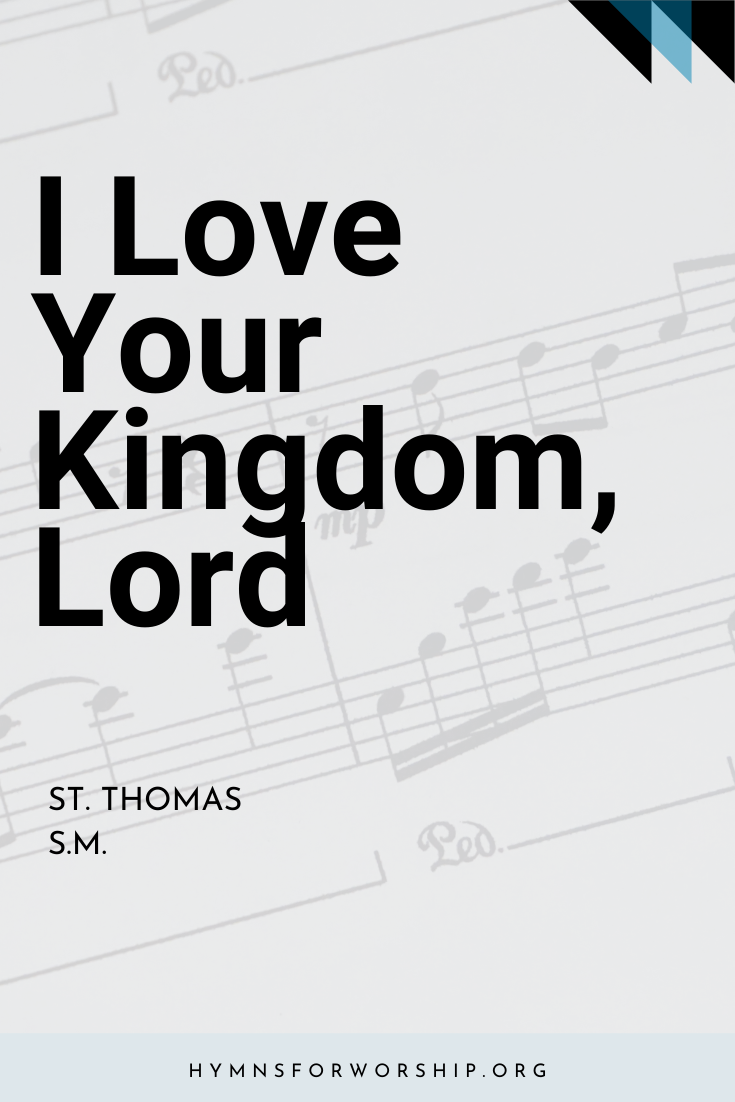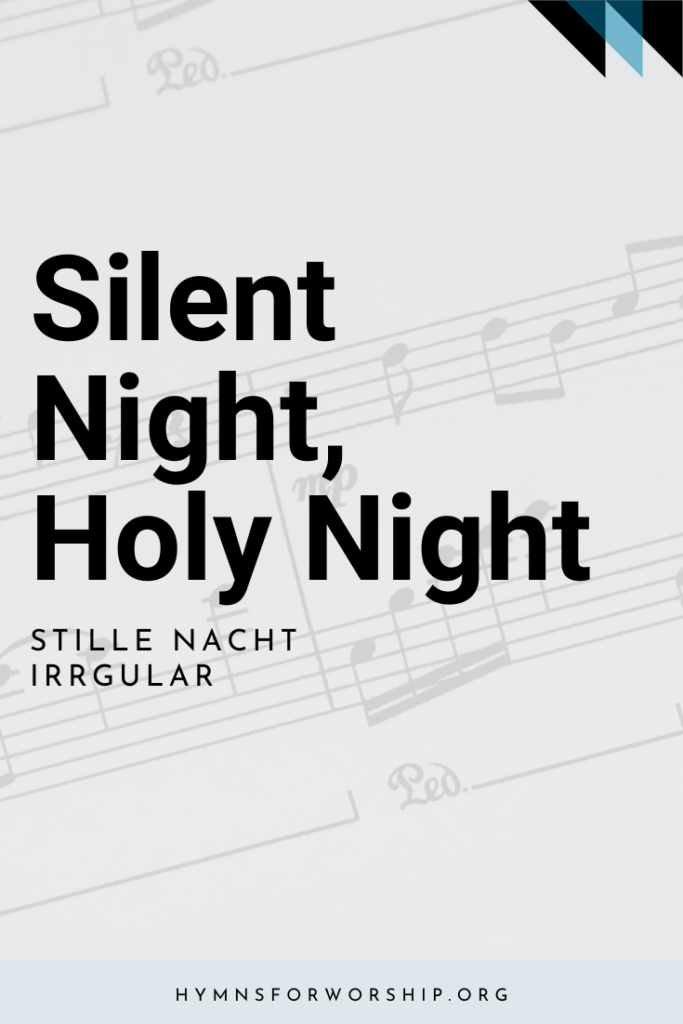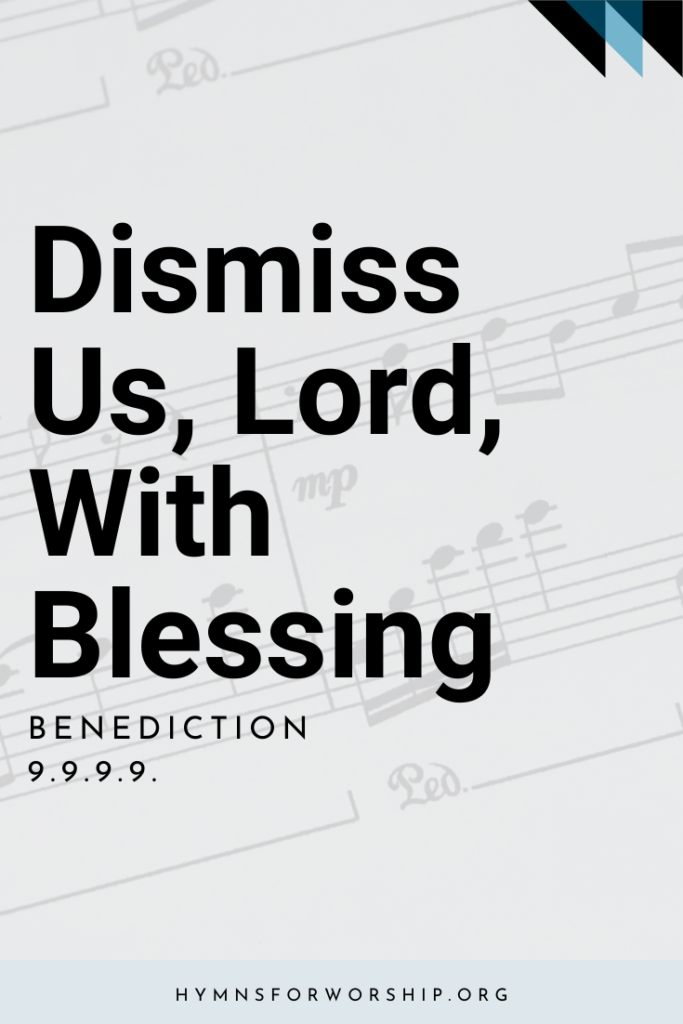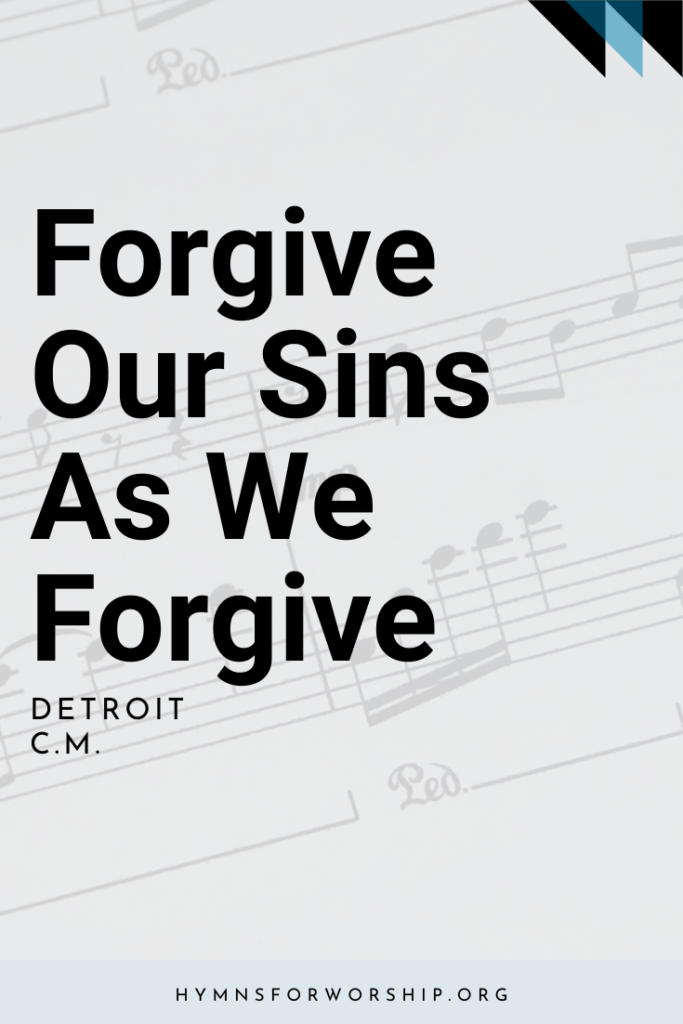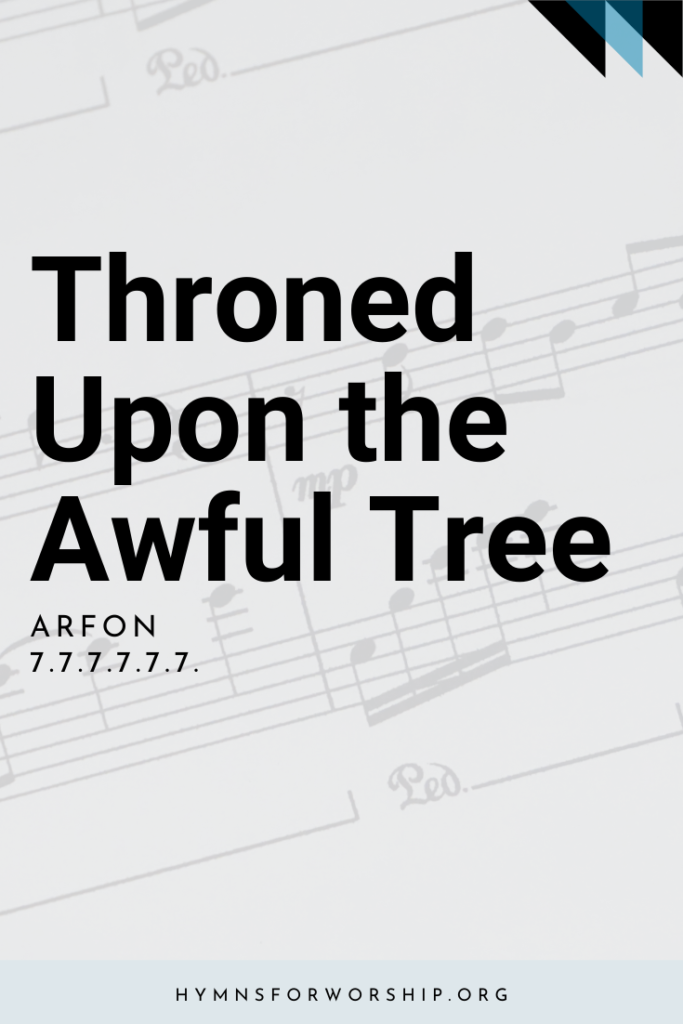CHRISTIAN CHURCH >> COMMUNITY IN CHRIST
SDAH 344
I love thy kingdom, Lord,
the house of thine abode,
the church our blest Redeemer saved
with his own precious blood.
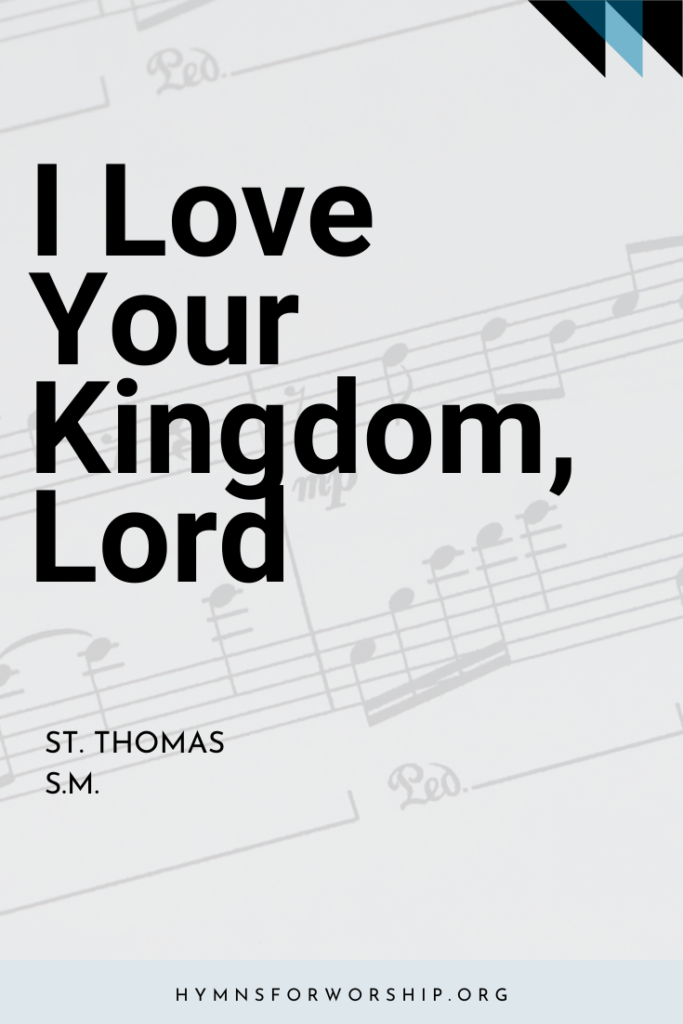

Text
1
I love thy kingdom, Lord,
the house of thine abode,
the church our blest Redeemer saved
with his own precious blood.
2
I love thy church, O God!
Her walls before thee stand
dear as the apple of thine eye,
and graven on thy hand.
3
Beyond my highest joy
I prize her heavenly ways,
her sweet communion, solemn vows,
her hymns of love and praise.
4
Sure as thy truth shall last,
to Zion shall be given
the brightest glories earth can yield,
and brighter bliss of heaven.

Hymn Info
Biblical Reference
(a) Ps 26:8; Eph 5:25 (b) Isa 49:16
Author
Timothy Dwight (1752-1817)
Hymn Tune
ST. THOMAS
Metrical Number
S.M.
Tune Source
Aaron Williams, The New Universal Psalmodist, 1770
Hymn Score
Piano Accompaniment
Notes
Get to know the hymns a little deeper with the SDA Hymnal Companion. Use our song leader’s notes to engage your congregation in singing with understanding. Even better, involve kids in learning this hymn with our homeschooling materials.
The New Englanders did not use to any great extent the psalm versions by Isaac Watts until after the American Revolution. They felt Watts made too much of a patriotic Englishman out of David. Also the Psalter then in use was that of Joel Barlow, who had fallen into immortality, and they could not in good conscience sing his poetry. This version of portions of Psalm 137 was made by Timothy Dwight while he was president of Yale University. The General Association of Congregationalists and the Presbyterian General Assembly had joined in requesting Dwight to revise Watts’s The Psalms of David Imitated, in a way that they could enjoy singing. His collection became known as “Dwight’s Watts.’’ This hymn is neither a translation nor a paraphrase of the psalm, but he uses an idea from verses to5 and 6.
In the four stanzas SDAH uses, the committee changed “Thee” and “Thou” to “You” and “Your.”
Born May 14, 1752, at Northampton, Massachusettes, Timothy Dwight was early taught by his mother, A most precocious child, he could read the Bible at 4; by the time he was 13 he had already completed most of the work for the first two years of college, so he entered Yale University. Graduating with honors in 1769, he held these post in succession: grammar school teacher; tutor at Yale; chaplain in the American Army, where he became a friend of George Washington; farmer; preacher; representative in the state legislature; and pastor of the Congregational church in Fairfield, Connecticut. St age 43 he became president of Yale University; he also taught ethics, metaphysics, logic, literature, oratory, and theology. As college chaplain, he gave a series of chapel sermons—“Theology Explained and Defended”—that did much to raise the moral and religious tone of the campus. Almost one third of the student body accepted Christianity in this revival.
ST. THOMAS is a portion of a much longer tune, HOLBORN, which was the setting for Wesley’s “Soldiers of Christ, Arise” in Aaron William’s The Universal Psalmodist, 1763. In the 1770 edition this shortened version was printed and called ST. THOMAS. An American edition of this book was published by Daniel Bailey at Newburyport, Massachusetts, in 1769, under the title The American Harmony.
Aaron Williams (1731-1776) was probably born in London. He was an engraver and publisher of music, taught music at West Smithfield, and was clerk of the Scottish Church, London Wall. In addition to the book above, he composed some of the music for the edited several collections of church music including The Royal Harmony, 1766; Harmonia Coelestis (Harmony of Heaven), 1775; and Psalmody in Miniature, 1778. ST. THOMAS is also used for SDAH 372.

